Pastorgraphs: “For Christ’s Sake”
 I
signed off an important email this week with, “For Christ’s Sake”. I
did so with reservation, for that expression has become almost
profane. Rest assured I take the name of Christ with the utmost
respect.
I
signed off an important email this week with, “For Christ’s Sake”. I
did so with reservation, for that expression has become almost
profane. Rest assured I take the name of Christ with the utmost
respect.
In
Luke’s gospel, the angel instructed Mary to name her child Jesus.
Christ was his title, meaning “The Anointed One” or “Messiah”.
While
Matthew told the nativity story from Joseph’s perspective, Luke
recorded it from Mary’s maternal heart. It is powerful in identifying
Jesus Christ from the moment of his conception with the poor, despised
and dispossessed.
First,
Jesus Christ was born of the virgin without the agency of man. The
status and role of women in the first century was appalling. Women
were considered mere chattel of their husbands. Even today, women are
struggling for impartiality. Mary’s being named “chosen” and “blessed”
heralded a new era for women. From his birth, Jesus was liberating,
saving and setting the captives free.
Secondly,
from the very beginning, Jesus Christ was identifying with the poor.
We have sanitized the nativity to make it something beautiful and
royal. But the first Christmas was stark, dirty, dark and a very poor
place for the Christ child to arrive. (So was the Cross where he
died.) Jesus came into this world poor, hungry, thirsty, naked (being
wrapped in “swaddling clothes”). We have no record of Jesus owning a
single material thing. Jesus’ father was a carpenter, not an
aristocrat. Even his tomb was borrowed. “The poorest man who ever lived
was also the greatest man who ever lived.” A man of sorrows,
acquainted with grief, Jesus understood the poor.
Thirdly,
Jesus Christ identified with the strangers and sojourners. His
parents were aliens in Bethlehem. There was no room for them in this
new place. Were Mary not about to give birth, most likely not even the
stable would have been offered to them. And immediately after his
birth, this new family was forced into exile in Egypt for their
survival. (Notice this “second Joseph” led his family to Egypt for
survival as did the “first Joseph” in Genesis.) From his birth Jesus
was an alien and sojourner. Jesus Christ knew what it meant to be an
unwanted stranger, an illegal alien in his own land. He became known as
Jesus of Nazareth, a very poor and despised town. Recall Nathaniel
asked, “Can anything good come out of Nazareth?”
Finally,
Jesus Christ confronted the sickness of sin. Whether it was hatred,
prejudice, greed, oppression, exploitation, or the ugliest forms of
sin, Jesus came to seek and to save us from our sins. From the manger
to the cross, Jesus confronted both physical and spiritual sickness as
the Great Physician. He still mends our broken bodies and souls.
In
Matthew 25, when Jesus said, “I was hungry, and you gave me something
to eat. I was thirsty and you gave me a drink. I was naked and you
clothed me. I was sick and you cared for me. I was in prison and you
visited me. I was a stranger and you took me in.”, he was not speaking
in abstract platitudes. He experienced it all, and reminded us that
we, like the Bethlehem innkeeper, are put to the test. It is by
sharing God’s love with those most in need that we identify with him,
as he identified with us, and saved us from the depths of despair.
What a privilege and responsibility it is that we are named Christ Ministry Center.
My
Christmas invitation is the response Phillip gave Nathaniel about
whether anything good could come out of Nazareth. It is also the
response the angels gave to the shepherds. “Come and see.”
Wishing you all a very “Christ-full” Christmas.
For Christ’s Sake,
Bill Jenkins
From The Quote Garden:
“Truly He taught us to love one another
His law is love and His gospel is peace
Chains shall He break for the slave is our brother
And in His name all oppression shall cease
Sweet hymns of joy in grateful chorus raise we,
Let all within us praise His holy name”
~ Adolphe Adam, “O, Holy Night” (verse 3) 1847
Photo: Fotolio.com, all royalties paid.
 I
signed off an important email this week with, “For Christ’s Sake”. I
did so with reservation, for that expression has become almost
profane. Rest assured I take the name of Christ with the utmost
respect.
I
signed off an important email this week with, “For Christ’s Sake”. I
did so with reservation, for that expression has become almost
profane. Rest assured I take the name of Christ with the utmost
respect. 


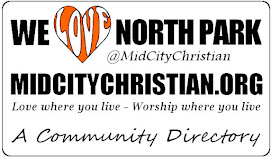



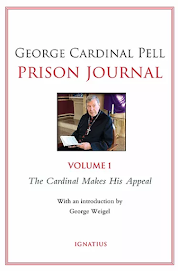

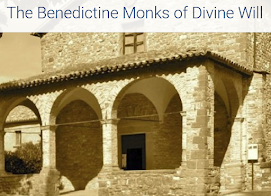


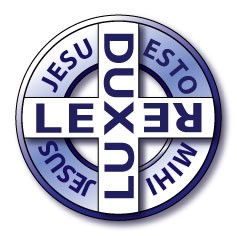

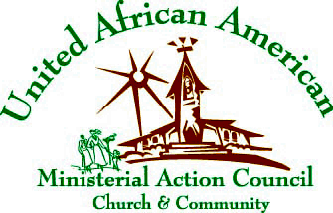

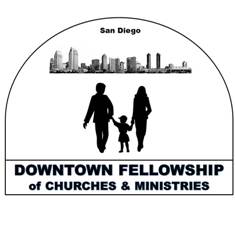




No comments:
Post a Comment